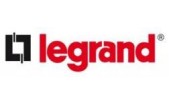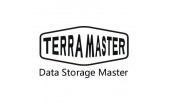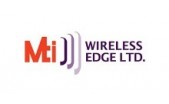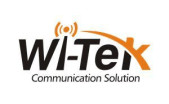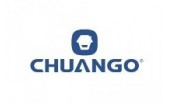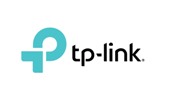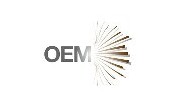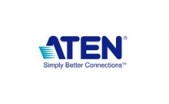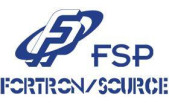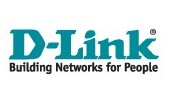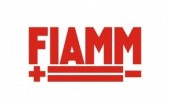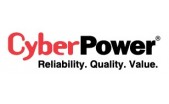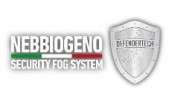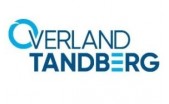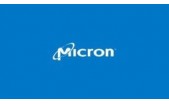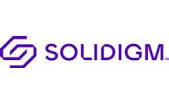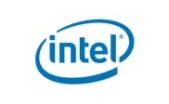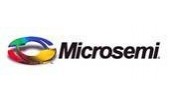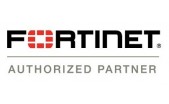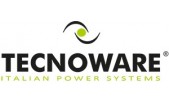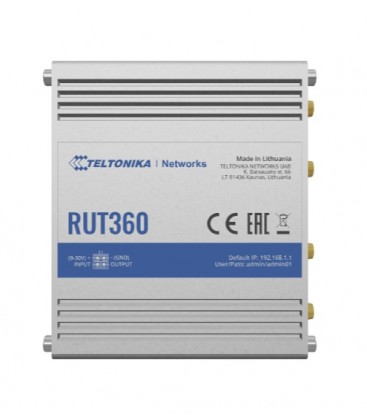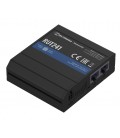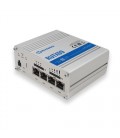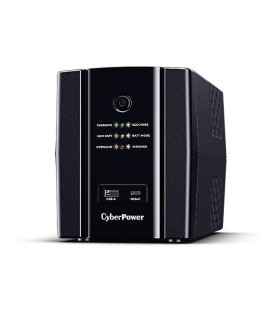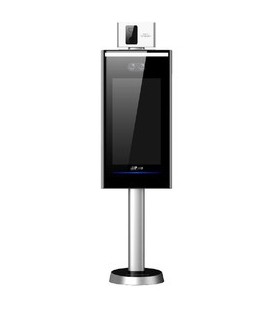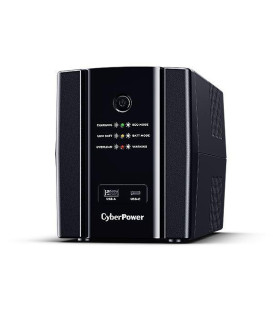Teltonika RUT360 4G/LTE Cat.6 WLAN Router Industriale
12 Months
Router cellulare industriale RUT360 LTE Cat.6
RUT360 è un router compatto LTE Advanced (LTE-A) con 2 porte Ethernet, software WLAN e RutOS per soluzioni di rete avanzate.
- WLAN 802.11 b/g/n da 2,4 GHz
- 1 connettore RJ45 WAN 10/100 Fast Ethernet
- 1 connettore LAN RJ45 10/100 Fast Ethernet
- 1 slot SIM (mini SIM, 2FF)
- 2 SMA per antenne LTE
- 2 RP-SMA per antenne WLAN
Le esclusive funzioni di programmazione, monitoraggio remoto e sicurezza rendono il RUT360 perfetto per le applicazioni IoT e M2M in cui è indispensabile una connettività sicura e affidabile.
La funzionalità di aggregazione del vettore rende questo dispositivo compatto insostituibile in aree o applicazioni in cui la velocità dei dati nella rete cellulare è limitata.
Contenuto della confezione
- RUT360
- Alimentatore da 18 W
- 2 antenne LTE (orientabili, connettore SMA)
- 2 antenne WLAN (orientabili, connettore RP-SMA)
- Cavo Ethernet (1,5 m)
- QSG (guida di avvio rapido)
- Opuscolo RMS
Specifications
MOBILE
Mobile module: 4G (LTE) – Cat 6 up to 300 Mbps, 3G – Up to 42 Mbps
Status: Signal strength, SINR, RSRP, RSRQ, Bytes sent/received, connected band, carrier aggregation, IMSI, ICCID
SMS: SMS status, SMS configuration, send/read SMS via HTTP POST/GET, Email to SMS, SMS to Email, SMS to HTTP, SMS to SMS, SMS auto reply
USSD: Supports sending and reading Unstructured Supplementary Service Data messages
Black/Whiles list (planned): Operator black/white list
Multiple PDN: Possibility to use different PDNs for multiple network access and services
Band management: Band lock, Used band status display
APN: Auto APN
Bridge mode: Direct connection (bridge) between mobile ISP and device on LAN
WIRELESS
Wireless mode: 802.11 b/g/n, 2x2 MIMO, Access Point (AP), Station (STA)
WiFi security: WPA3-EAP, WPA3-SAE, WPA2-Enterprise-PEAP, WPA2-PSK, WEP; AES-CCMP, TKIP, Auto Cipher modes, client separation
ESSID: ESSID stealth mode
Wireless Hotspot: Captive portal (Hotspot), internal/external Radius server, SMS OTP, MAC auth, built in customizable landing page, walled garden
ETHERNET
WAN: 1 x WAN port (can be configured as LAN) 10/100 Mbps, compliance with IEEE 802.3, IEEE 802.3u standards, supports auto MDI/MDIX crossover
LAN: 1 x LAN ports, 10/100 Mbps, compliance with IEEE 802.3, IEEE 802.3u standards, supports auto MDI/MDIX crossover
NETWORK
Routing: Static routes, Dynamic routes
Network protocols: TCP, UDP, IPv4, IPv6, ICMP, NTP, DNS, HTTP, HTTPS, FTP, SMTP, SSL v3, TLS, ARP, VRRP, PPP, PPPoE, UPNP, SSH, DHCP, Telnet client, SNMP, MQTT, Wake on LAN (WOL)
VoIP passthrough support: H.323 and SIP-alg protocol NAT helpers, allowing proper routing of VoIP packets
Connection monitoring: Ping Reboot, Wget reboot, Periodic Reboot, LCP and ICMP for link inspection
Firewall: Port forwards, traffic rules, NAT rules, custom rules
DHCP: Static and dynamic IP allocation, DHCP Relay, Relayd
QoS / Smart Queue Management (SQM): Traffic priority queuing by source/destination, service, protocol or port, WMM, 802.11e
DDNS: Supported >25 service providers, others can be configured manually
Network backup: Mobile, Wired and WiFi WAN options, each of which can be used as an automatic Failover
Load balancing: Balance Internet traffic over multiple WAN connections
SSHFS: Possibility to mount remote file system via SSH protocol
SECURITY
Authentication: Pre-shared key, digital certificates, X.509 certificates
Firewall: Pre-configured firewall rules can be enabled via WebUI, unlimited firewall configuration via CLI; DMZ; NAT; NAT-T
Attack prevention: DDOS prevention (SYN flood protection, SSH attack prevention, HTTP/HTTPS attack prevention), port scan prevention (SYN-FIN, SYN-RST, X-mas, NULL flags, FIN scan attacks)
VLAN: Tag based VLAN separation
Mobile quota control: Custom data limits for both SIM cards
WEB filter: Blacklist for blocking out unwanted websites, Whitelist for specifying allowed sites only
Access control: Flexible access control of TCP, UDP, ICMP packets, MAC address filter
VPN
OpenVPN: Multiple clients and a server can run simultaneously, 12 encryption methods
OpenVPN Encryption: DES-CBC, RC2-CBC, DES-EDE-CBC, DES-EDE3-CBC, DESX-CBC, BF-CBC, RC2-40-CBC, CAST5-CBC, RC2-64-CBC, AES-128-CBC, AES-192-CBC, AES-256-CBC
IPSec: IKEv1, IKEv2, with 5 encryption methods for IPsec (DES, 3DES, AES128, AES192, AES256)
GRE: GRE tunnel
PPTP, L2TP: Client/Server instances can run simultaneously, L2TPv3 support
Stunnel: Proxy designed to add TLS encryption functionality to existing clients and servers without any changes in the program’s code
DMVPN : Method of building scalable IPsec VPNs
SSTP : SSTP client instance support
ZeroTier : ZeroTier VPN client support
WireGuard: WireGuard VPN client and server support
MODBUS TCP SLAVE
ID filtering: Respond to one ID in range [1;255] or any
Allow remote access: Allow access through WAN
Custom registers: Modbus TCP custom register block, which allows to read/write to a file inside the router, and can be used to extend Modbus TCP slave functionality
MODBUS TCP MASTER
Supported functions: 01, 02, 03, 04, 05, 06, 15, 16
Supported data formats: 8 bit: INT, UINT; 16 bit: INT, UINT (MSB or LSB first); 32 bit: float, INT, UINT (ABCD (big-endian), DCBA (little-endian), CDAB, BADC), HEX, ASCII
MQTT GATEWAY
Gateway: Allows sending commands and receiving data from Modbus Master trough MQTT broker
DNP3
Supported modes: TCP Master, DNP3 Outstation
DATA TO SERVER
Protocols: HTTP(S), MQTT, Azure MQTT, Kinesis
MONITORING & MANAGEMENT
WEB UI:HTTP/HTTPS, status, configuration, FW update, CLI, troubleshoot, event log, system log, kernel log
FOTA: Firmware update from server, automatic notification
SSH: SSH (v1, v2)
SMS: SMS status, SMS configuration, send/read SMS via HTTP POST/GET
Call: Reboot, Status, Mobile data on/off, Output on/off
MQTT: MQTT Broker, MQTT publisher
SNMP: SNMP (v1, v2, v3), SNMP trap
JSON-RPC: Management API over HTTP/HTTPS
Modbus: Modbus TCP status/control
RMS: Teltonika Remote Management System (RMS)
IoT PLATFORMS
Clouds of things: Allows monitoring of: Device data, Mobile data, Network info, Availability
ThingWorx: Allows monitoring of: WAN Type, WAN IP, Mobile Operator Name, Mobile Signal Strength, Mobile Network Type
Cumulocity: Allows monitoring of: Device Model, Revision and Serial Number, Mobile Cell ID, ICCID, IMEI, Connection Type, Operator, Signal Strength, WAN Type and IP
Azure IoT Hub: Can send device IP, Number of bytes send/received, Mobile connection state, Network link state, IMEI, ICCID, Model, Manufacturer, Serial, Revision, IMSI, SIM State, PIN state, GSM signal, WCDMA RSCP, WCDMA EC/IO, LTE RSRP, LTE SINR, LTE RSRQ, CELL ID, Operator, Operator number, Connection type, Temperature, PIN count to Azure IoT Hub server
SYSTEM CHARACTERISTICS
CPU: QCA9531, MIPS 24kc, 650 MHz
RAM: 128 MB, DDR2
FLASH storage:16 MB, SPI Flash (optional up to 256 MB)
FIRMWARE / CONFIGURATION
WEB UI: Update FW from file, check FW on server, configuration profiles, configuration backup
FOTA: Update FW/configuration from server
RMS: Update FW/configuration for multiple devices at once
Keep settings: Update FW without losing current configuration
INPUT/OUTPUT
Configurable I/O: 2 x Configurable digital Inputs/Outputs. Digital input 0 - 6 V detected as logic low, 8 - 30 V detected as logic high. Open collector output, max output 30 V, 300 mA
Events: SMS, Email, RMS
I/O juggler: Allows to set certain I/O conditions to initiate event
POWER
Connector: 4 pin industrial DC power socket
Input voltage range: 9 - 30 VDC, reverse polarity protection, voltage surge/transient protection
Power consumption: 10.5 W max
PHYSICAL INTERFACES (PORTS, LEDS, ANTENNAS, BUTTONS, SIM)
Ethernet: 2 x RJ45 ports, 10/100 Mbps
I/Os: 2 x Configurable digital Inputs/Outputs on 4 pin power connector
Status LEDs: 2 x Mobile connection type, 3 x Mobile connection strength, 2 x Eth status, 1 x Power
SIM: 1 x SIM slots (Mini SIM - 2FF), 1.8 V/3 V, external SIM holders
Antenna: 2 x SMA for LTE, 2 x RP-SMA for WiFi
Power: 1 x 4 pin DC connector
Reset: Reboot/User default reset/Factory reset button
PHYSICAL SPECIFICATION
Casing material: Aluminium housing with DIN rail mounting option
Dimensions (W x H x D): 100 x 30 x 85 mm
Weight: 247 g
Mounting options: DIN rail, flat surface placement
OPERATING ENVIRONMENT
Operating temperature: -40 C to 75 C
Operating humidity: 10 % to 90 % non-condensing

